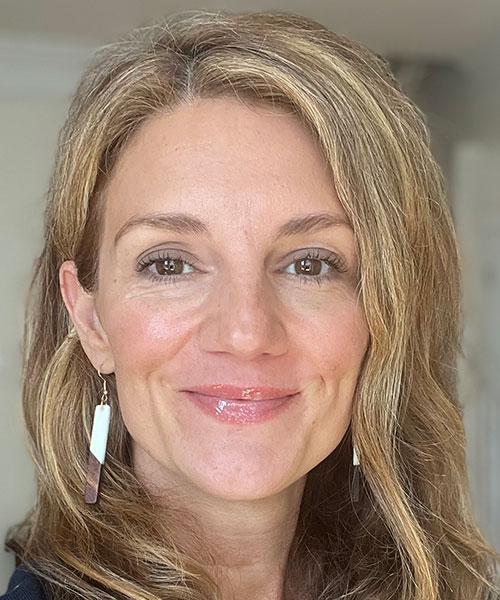Mental health doesn’t look the same for everyone but if you’re part of a minority group, your need for care and your ability to access it can often differ dramatically. This month we’re acknowledging those disparities. Here’s what we’ve found:
Psychological Distress Is Higher in Indigenous Populations
American Indian and Alaska Native (AI/AN) adults report serious psychological distress 2.5 times more frequently than the general population.
Fewer Minority Adults Get Treatment
Among adults with any mental illness, only 38% of Black and 40% of Hispanic adults received mental health services in the past year—compared to 56% of White adults.
Asian Adults Are Least Likely to Receive Care
Asian individuals with mental illness reported 36% seek services, the lowest among all major ethnic groups.
Disproportionate Barriers to Care
Minority adults are 20–50% less likely to start mental health treatment and 40–80% more likely to drop out prematurely.
What The Numbers Tell Us
Indigenous, Black, Hispanic, and Pacific Islander populations often face mental health conditions at equal or higher rates than white Americans. Yet they receive treatment far less reliably. That gap is decades of silent barriers, from provider shortages to cultural stigma to systemic mistrust. The outcomes are serious; higher suicide rates, longer untreated distress, and communities continuing to carry the weight without support.
Real Equity in Behavioral Health
At EHN Health USA, we believe equitable mental health care requires
Culturally attuned clinicians trained in trauma, identity, and inclusion
Accessible, virtual-first care that overcomes geographic and logistical barriers
Measurement-based care so progress isn’t vague—it’s tracked and reliable
Targeted group support for shared experiences—e.g., Indigenous people, immigrants, LGBTQIA+ communities – meeting real people where they are.
Telehealth access with flexibility so geography and scheduling are not barriers.
Mental Health equity begins with awareness and action. Here’s how to take action this month:
- Share these statistics so people are informed.
- Partner with organizations led by or serving minority communities.
- Advocate for culturally informed care, intentional representation, and funding.
Minority Mental Health Awareness Month is about giving voice to the often silent experiences of mental health struggles in underrepresented communities. At EHN Health USA, recognition isn’t enough; we aim for meaningful change through culturally informed, accessible care.










